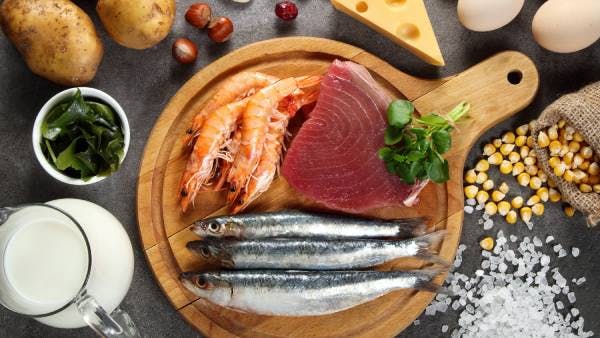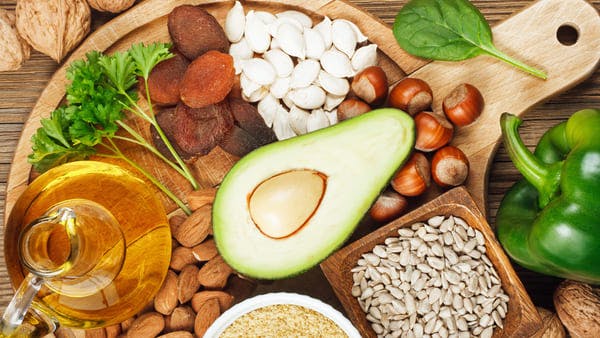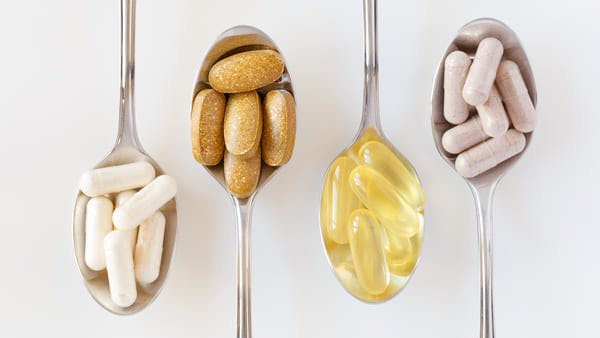Iodine Inadequacy & How to Get Enough in Your Diet

Iodine is an element that's essential for producing thyroid hormones. These hormones keep adult bodies working and help build proper skeletal and nervous systems in fetuses and infants. Without enough iodine, the body can experience health problems. Continue reading to learn more about iodine, who may be getting inadequate amounts of iodine, how to make sure you’re getting enough iodine in your diet.[2]
Salt Helps Millions
Our bodies need only trace amounts of iodine, but we rely on our diet to get this mineral. It’s found in some foods, is readily available as a dietary supplement and is added to some salts.[1] You may have seen ‘iodized salt’ in the grocery store or you may have a box in your pantry.
Who Needs Iodine?
People of different ages, genders and circumstances need different amounts of iodine. The recommended amounts of iodine are.[2]
- Birth to 6 months – 110 mcg
- Babies 7-12 months – 130 mcg
- Children 1-8 years old – 90 mcg
- Children 9-13 years old – 120 mcg
- Teens 14-18 years old – 150 mcg
- Adults – 150 mcg
- Pregnant teens and women – 220 mcg
- Breastfeeding teens and women – 290 mcg
How to Get Enough Iodine in Your Diet
In addition to using iodized salt, eating a wide variety of healthy whole foods is important to getting enough of this nutrient in your diet. You can get recommended amounts of iodine by eating foods like:
- Fish (cod & tuna), seaweed, shrimp, and other seafood
- Dairy products like milk, cheese, and yogurt
Sea salt, kosher salt, Himalayan salt, and fleur de sel aren't usually iodized. Make sure to look at the label to find out whether a product contains iodine[3]
Who Should Take an Iodine Supplement
Iodine is available in supplement forms and many multivitamins contain iodine.
Most people in the United States get enough iodine from their regular diet, but some people may have issues obtaining enough iodine. People who may have trouble include:[1]
- People who don’t use iodized salt
- People who follow a vegan diet or don't eat seafood, eggs, or dairy products
- Pregnant women, who need about 50% more iodine than non-pregnant women. Talk to your medical professional about what is right for you during your pregnancy
If you think you're experiencing iodine inadequacy or are concerned about low intake as a result of changes or gaps in your diet, talk to your doctor or healthcare provider. They can confirm whether you're not getting enough—or getting too much— and explain how to integrate a wider variety of whole foods into your diet. Learn more about multivitamins that contain iodine, as well as nutrients tips and resources.










